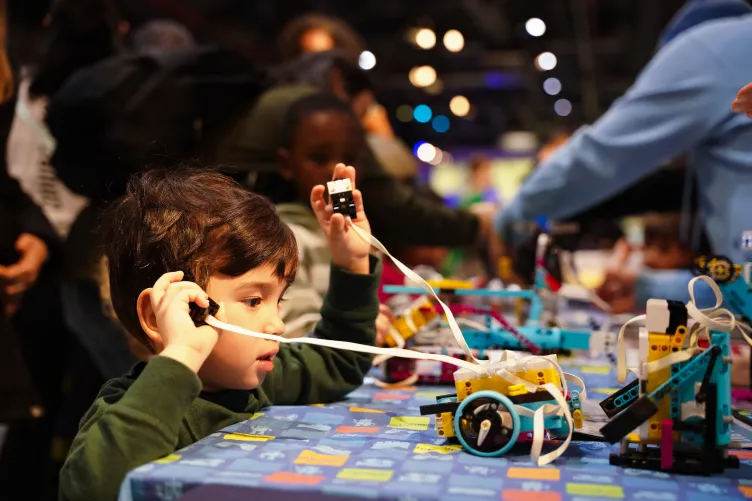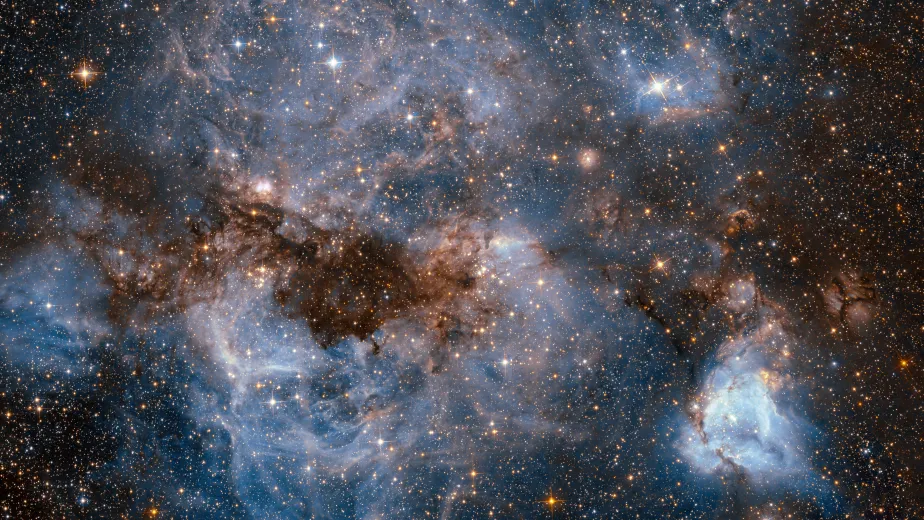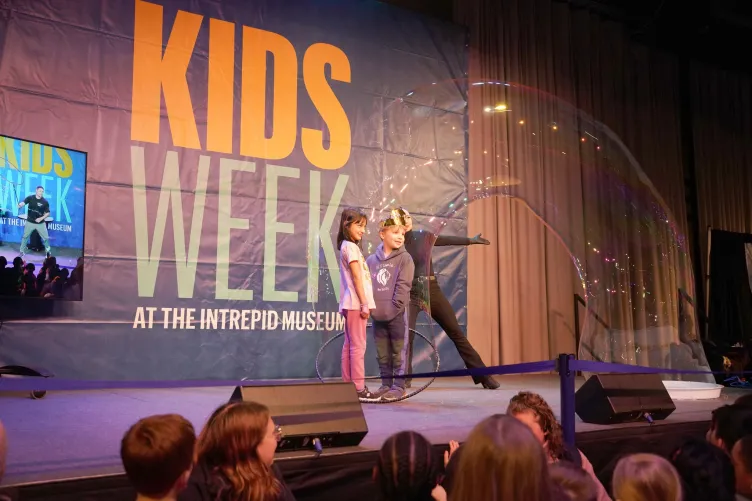

Astro Live and Astronomy Night Events
| Event Name | Date & Time | Tickets | Price | Location | |
|---|---|---|---|---|---|
| Astronomy Night | Friday, April 24, 2026 | 6:00 PM - 8:00 PM EST | Coming Soon | Free | Flight Deck and Space Shuttle Pavilion | |
| Virtual Astro Live | Sunday, June 14, 2026 | 3:00 PM - 4:30 PM EST | Coming Soon | Free | Virtual | |
| Virtual Astro Live | Sunday, July 19, 2026 | 3:00 PM - 4:30 PM EST | Coming Soon | Free | Virtual | |
| Virtual Astro Live | Sunday, August 16, 2026 | 3:00 PM - 4:30 PM EST | Coming Soon | Free | Virtual | |
| Virtual Astro Live | Sunday, September 13, 2026 | 3:00 PM - 4:30 PM EST | Coming Soon | Free | Virtual | |
| Astronomy Night | Friday, October 9, 2026 | 6:00 PM - 8:00 PM EST | Coming Soon | Free | Flight Deck and Space Shuttle Pavilion | |
| Virtual Astro Live | Sunday, November 15, 2026 | 3:00 PM - 4:30 PM EST | Coming Soon | Free | Virtual | |
| Virtual Astro Live | Sunday, December 13, 2026 | 3:00 PM - 4:30 PM EST | Coming Soon | Free | Virtual |
Viewers who have a passion for space science participate and meet astronauts, scientists, engineers, and other talents through these monthly virtual and onsite programs that explore relevant space-themed topics.
Each month we give our viewers a behind-the-scenes look into the world of space, science, and technology. We have leading scientists and engineers, as well as current and former astronauts who come on and talk about the latest and newest STEM-focused content within the world of space. These experts give us a real behind-the-scenes preview of what they are working on exclusively for our program. Topics each month are diverse and inspire innovation and curiosity. Every month the viewers hear and see something new and look to us to learn and get inspired.
All programs are live-streamed via the Intrepid Museum’s Facebook, YouTube, and X and NSF’s YouTube channel.
Funded by: The Virtual Astronomy Live is supported through a NASA Cooperative Agreement awarded to the New York Space Grant Consortium.
The program is also supported, in part, by the New York City Department of Cultural Affairs in partnership with the City Council, and the New York State Council on the Arts with the support of the Office of the Governor and the New York State Legislature.


